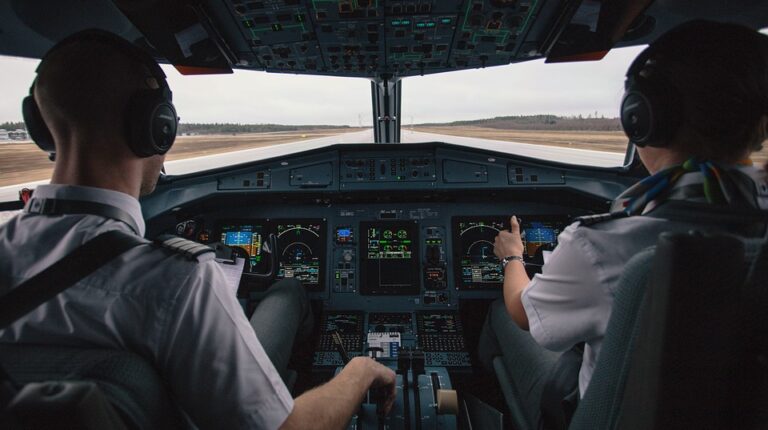The Transportation Security Administration (TSA) has published a final rule for the Flight Training Security Program in the Federal Register. The final rule updates the program to improve its efficiency and effectiveness, including the security threat assessment process for flight training students. The final rule will take effect on July 30, 2024.
The Flight Training Security Program, which has been in effect at the Department of Homeland Security and TSA since 2004, covers flight training providers, including individual certified flight instructors, who provide training to all flight students, with the exception of foreign military pilots training in the United States through a Department of Defense endorsement and in accordance with the US International Military Education and Training Program. All non-citizen flight trainees are subject to a security threat assessment, which is a TSA background check conducted on all databases relevant to confirming an individual’s identity, that the individual possesses lawful status in the United States, and that the individual does not pose a security threat.
Currently, prospective trainees must submit an application and pay a fee for each training they wish to attend. The final rule is time-based. After undergoing vetting, an applicant who receives a positive determination of eligibility will receive a certificate of eligibility, pay a one-time fee and can train as often as desired within a five-year period as long as they remain eligible. During that period, TSA will conduct recurrent vetting to ensure no new information emerges that would affect eligibility to receive flight training.
This change is designed to improve administration and efficiency for flight training candidates and providers. It has been made possible in part by technology improvements made to the Federal Bureau of Investigation’s record of arrest and prosecution background program used by TSA as a vetting tool. TSA expects the final rule to reduce delays, improve tracking candidate training events and support the portability of a candidate’s security threat awareness between providers. Providers will no longer pay for multiple event-based training security threat assessments.
The final rule more clearly defines which flight training events require notification and record-keeping and focuses on the notification of flight training events that “substantially enhance a pilot’s skills”, eliminating numbered training categories previously used.
The final rule is intended to maintain the appropriate level of security, comply with all statutory mandates and improve efficiency for the flight training industry. TSA believes these enhancements may improve access and opportunities for fully vetted non-US citizens and non-US nationals to participate in flight training in the United States and with FAA-certificated flight training providers abroad.
In related news, David Pekoske, administrator of the US Transportation Security Administration (TSA), recently testified before the House Committee on Appropriations Subcommittee on Homeland Security regarding the Fiscal Year 2025 President’s Budget request, which includes US$11.8bn for TSA. Click here to read the full story.


